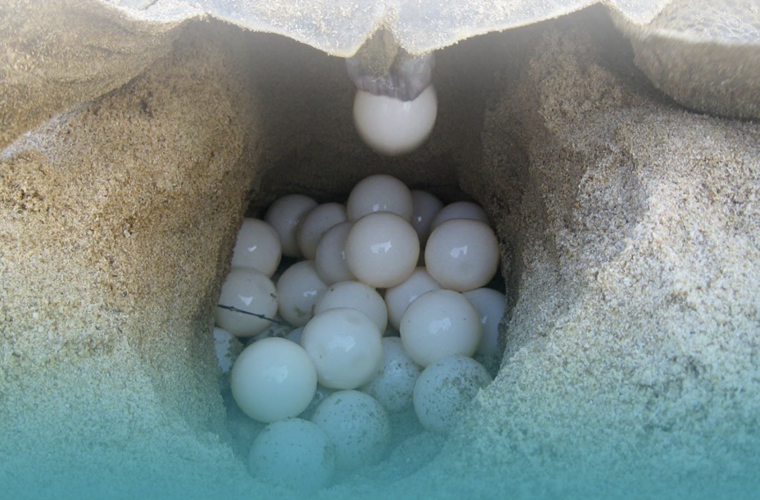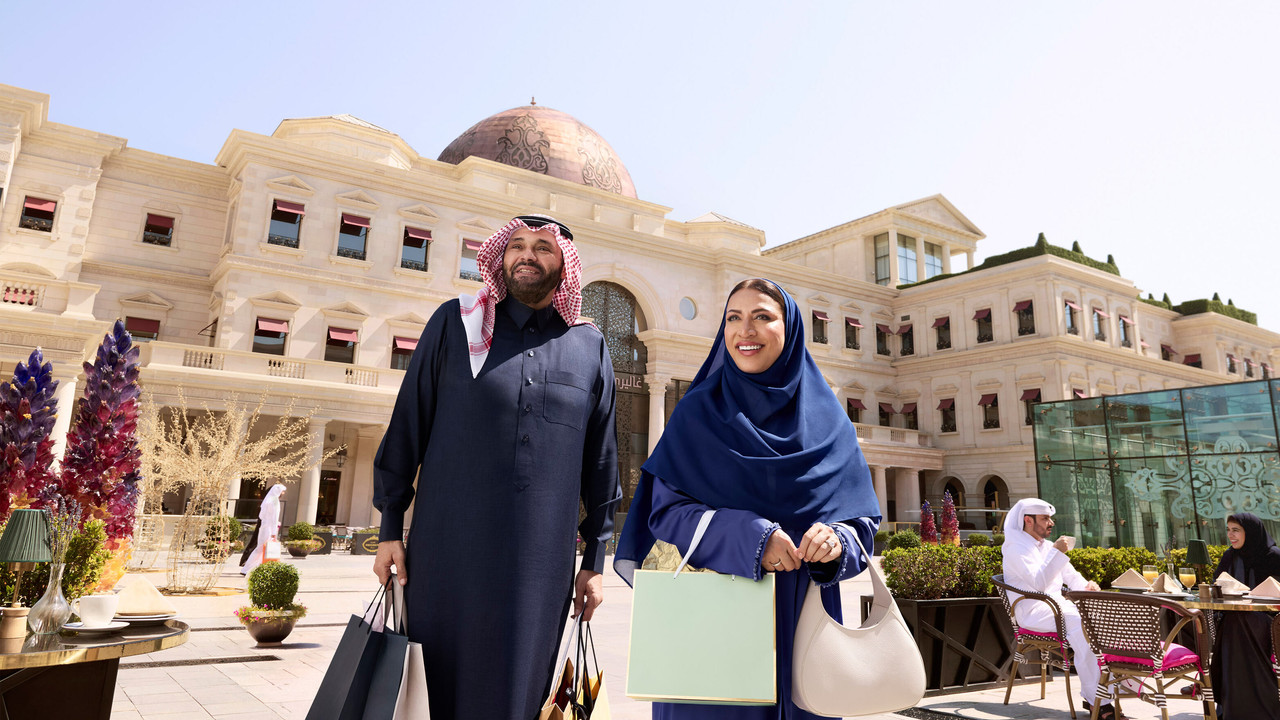The Gulf nation hosts several spots with the perfect environment for female turtles to lay their eggs during nesting season.
As the weather improves and people head to Qatar’s stunning beaches to camp and have a good time, many of the hawksbill turtles find themselves excluded from their ‘safe’ nesting spots.
Nesting for the critically endangered sea turtles has seen a decrease in recent weeks due to the extension of the camping season due to the extensive light and noise generated by campers.

The strong winds and low temperatures the country has been witnessing in the past few weeks have also played a role in turning the turtles away from the nation’s beaches.
However, the all-time-favorite spot for the sea creatures, Fuwairit beach, has seen a hopeful increase in turnout compared to the rest of the beaches given that it is not accessible to vehicles and therefore does not have any ‘negative’ human impact.
Last week alone, around 38 nests were transferred to the protected site, according to the Ministry of Environment and Climate Change. The total number of nests transferred to date has reached 67.
However, it is expected that nesting operations will increase after the camping season is over and all the camps are removed from the northeast area.
Critically endangered
The precious turtles belonging to the Cheloniidae family are categorised as ‘critically endangered.’ Their existence is threatened by various factors, among them are the loss of nesting and feeding habitats, excessive egg collection, fishing-related mortality, pollution, and coastal development.
Hawksbill scales are also still widely used and polished into decorative and functional objects. Their beautiful, spotted shells make them a perfect target for wildlife trade, which plays a significant role in their endangerment.
The turtles are believed to be the most endangered of the seven species of sea turtle, with fewer than 25,000 nesting females left globally, according to National Geographic.
How is Qatar saving the turtles?
In less than four years, the Arabian peninsula has helped over 31,000 hawksbill baby turtles return safely to the ocean in the specially demarcated area of Fuwairit Beach as part of the nation’s efforts to protect endangered species.
The year 2020 hit a record of 119 nests, with 9,416 baby turtles released in the season alone.
Thanks to Qatar’s suitable environment and soft sand, female turtles rush to several shores during mating season to lay their eggs, including Fuwairit, Lehwaylah, Ras Laffan, Al Ghariyah, Al Maroona, Al Mafeer, Haloul, Sharaawah, Rukn islands, and Umm Tees.
The most commonplace for hatching, however, is said to be Fuwairit, given its safe atmosphere and soft sand. Thus, during nesting season, the beach closes its doors to the public to closely monitor the turtles and protect them from harm.
Several experts and researchers then step in to monitor the progress and record data for future research purposes, including taking DNA samples from the turtles and affixing tracking devices.
For almost a decade now, the country has been implementing a protection project for sea animals. The project is funded by Qatar Petroleum and is being undertaken by the Environmental Science Centre at Qatar University under the ministry’s supervision.
It covers the country’s northeastern beaches (Ras Laffan, Al-Huwaila, Jassassiya, Maroona, Fuwairit, and Al-Mfier).
Life-journey
The mating process for the hawksbill sea turtles takes place once every two years, starting from late March to early April.
Once the female turtle is ready to lay her eggs, she heads for what she deems as suitable nesting grounds for her babies before returning to the sea. After two months, the beautiful small sea turtles start to slowly fight their way out of the egg and rush instinctively towards the sea to begin their life journey.
Though the youngsters normally know the way, volunteers and experts usually gather during the hatching season to help the turtles with their journey using small lights at night. Those injured are taken for treatment before being released back to the sea.







